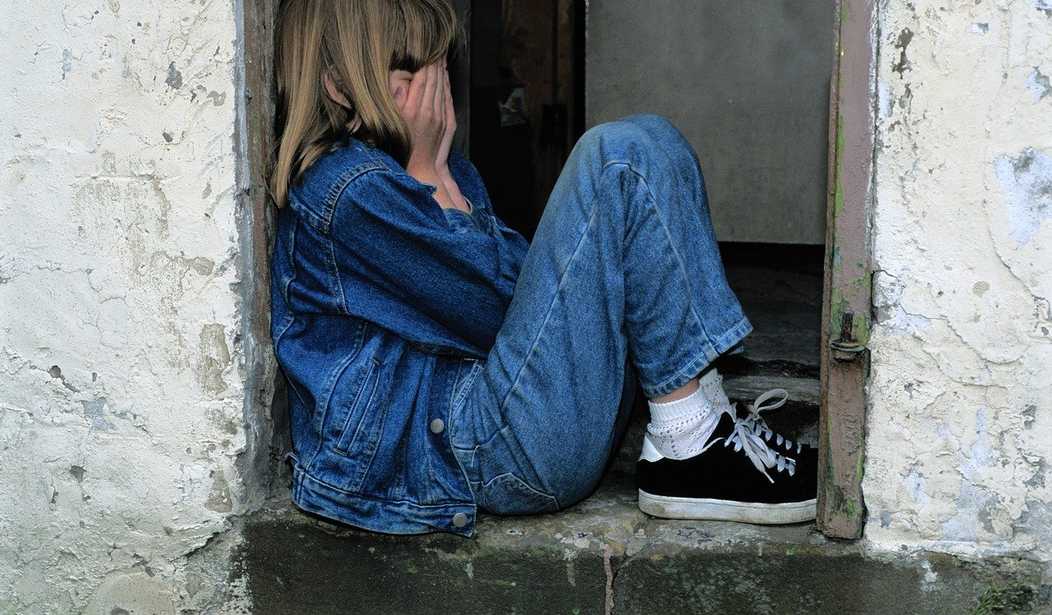This report is part 11 of an investigative series looking into reported corruption in the Missouri Judiciary and family courts. For the rest of the investigation visit the catalog here.
After my investigative series on Missouri family courts came out, I was contacted by hundreds of people alleging similar abuses that were detailed in the lawsuit filed by Evita Tolu against psychotherapist Dr. James Reid and guardian ad litem Elaine Pudlowski. The lawsuit alleges that the defendants, along with other court actors, had conspired to drain the bank accounts of parents while labeling one parent with a false mental disorder, often borderline personality disorder (BPD), which would enable the guardians ad litem (GALs) to switch custody from a protective parent to an abuser. The custody switches, said victims, would ensure that the protective parent would spend any amount of money to continue fighting for their child while the court experts would rake in the cash.
The sheer number of emails that PJ Media is getting daily is difficult to go through and it’s even more difficult to interview each person and go through mountains of documents. But one story stands out from all the rest. PJM was contacted by a now-adult child whose mother fought the same system, including Dr. James Reid, and says her experience taught her that no one in the court system will help at-risk children.
Megan McLeod said she was six when the court battle began. McLeod’s mother, Sue LaMartina, reported to authorities that while in her father’s custody, Megan and her little brother were malnourished and suffering neglect. McLeod says that the GALs assigned to her case over the years were Brian Dunlap, Bruce Hilton (now a 21st Circuit Court judge), and Mark Kiesewetter. “Whenever they would visit…they didn’t really seem to care what was happening,” McLeod told PJM. “If they had just looked in the cabinets and the fridge they would see that we weren’t being fed. If they had just looked at my body, I was 50 or 60 pounds at the age of 10, they would see that I was obviously malnourished.”
McLeod said that she could never tell the GALs what was going on because they would interview her where her father could overhear. “I was really vague with my answers because they would come to my dad’s house where I stated I was uncomfortable and they expected me to be completely 100% honest and open about what I was saying but I couldn’t because my dad was listening.”
McLeod remembers Brian Dunlap most vividly. “He said that he was worried that we were being coached. I said that we weren’t.” McLeod says she tried to fight that charge but Dunlap would just claim she was lying. McLeod remembers saying, “I don’t know how to prove it to you that we’re not being coached. You’ll just say I’m lying.” McLeod also said that Dunlap had an inappropriate relationship with her father. “He was really buddy-buddy with my dad. You could tell that the relationship was more than neutral, which I don’t think should have happened…he was not receptive to what we were saying.”
GAL Brian Dunlap is a well-known actor in the St. Louis Court system that has caused controversy in more than one case. There is an entire website set up alleging poor treatment that litigants have received when he was involved, including forcing children to be interviewed by opposing counsel alone, breaching confidentiality, overcharging, making false promises to children, failing to disclose children’s wishes to the court, and more.
McLeod said that the police in St. Louis County would force her to stay with her father under court-ordered visitation even when police were called to the house for violence. “I would cry to the cops and they would say ‘sorry, you have to stay here,'” she told PJM after describing a disturbing incident with her father that led to police involvement.
McLeod told a story, which PJM has heard multiple times, that children rarely get to speak to the judges in their cases, having only GALs to speak for them. “I went to court once. I went into a room with the GAL (Kieswetter) and I never saw anyone else.” Judge Sarah Farragut-Hemphill was the judge in McLeod’s case.
McLeod says that her experience in the 21st Circuit Court affected her deeply and inhibited her ability to seek help when she was a victim of crimes later in life. “There are instances where I should have called the police and reported things but I haven’t because I was taught that no one is going to listen to me and if they do, they’re just going to lie about what I said,” McLeod told PJM.
“I was forced to see this therapist [Elizabeth Bennett of Emotional Change] who was absolutely awful,” McLeod said. “I used to record our meetings because [there were] blatant lies by my dad.” McLeod says that Bennett also violated her trust. “I would tell her things in confidence and she would not believe me.” When McLeod’s little brother tried to disclose abuse, McLeod said the therapist would not believe him either. “For the first time [my brother] was outspoken against my dad and he had never done that before. We were telling the same stories and they just didn’t believe us.”
McLeod says that the kids stuck in the system should hang in there. “Things will get better. Soon enough they’ll be of age to where they don’t have to rely on their parents anymore and they can be self-sufficient.” LaMartina says her children have all suffered through this system and the trauma has driven a wedge between the siblings. “My children are a reflection of this battle.”
McLeod agreed. “We all experienced abuse,” she said. “Growing up and having severe childhood trauma really affects your emotional intelligence and interpersonal relationships, so we are pretty much all incapable of being in the same place at the same time.”
McLeod is now twenty-one and has a degree in psychology and is working on her master’s degree in sociology. McLeod’s degree in psychology has helped her through her trauma, she says. “I have the words. I know my diagnoses, I know in-depth the effects of childhood trauma.”
That trauma is still with her. “I did internalize that no one will listen to me,” said McLeod when asked about how she was traumatized by the system. “I don’t like men being the ones to have to help me. I’ve only ever had female doctors, female therapists, and they [St. Louis County court professionals] taught me to fear men and that men won’t help me. I don’t know if that’s trauma or a learned response.”
Dr. James Reid gave McLeod’s mother the same test that Evita Tolu was ordered to take that she said diagnosed her falsely with a personality disorder. McLeod reviewed the test her mother took and says it diagnosed a non-existent disorder.
“[Reid] said that my mom showed signs of a personality disorder because she ‘presented herself in a more favorable light.’ I know that’s not a personality disorder because everyone does that,” McLeod said. Reid wrote on the report that the alleged personality disorder was “unspecified.”
“I took an abnormal psychology class learning about every single disorder and those [unspecified disorders] don’t exist,” said McLeod.
Sue LaMartina, Megan McLeod’s mother, had to pay Dr. Reid $1000 for that nebulous diagnosis. “It basically handed me over on a silver platter,” she told PJM. “It was all this verbiage about me. I firmly believe it was thrown into the mix to show what a ‘horrible’ person I am and slammed me.”
Megan McLeod wants people to know that she’s speaking out for a specific purpose. “I’m doing this to get the psychiatrists’ licenses revoked and I don’t want any of the GALs that I’ve had to have their jobs anymore.”
She says that the psychiatrists violated their ethics in regard to patients. “I learned the APA ethics guidelines,” she said. “Endangering people is one of the biggest things that you shouldn’t be doing.” McLeod charged that “both of the psychiatrists directly put me in danger. They endangered me.”
You can hear the entire interview below.
If you or someone you know is a victim of Missouri family court corruption or court-ordered psychological services, please contact [email protected]










Join the conversation as a VIP Member